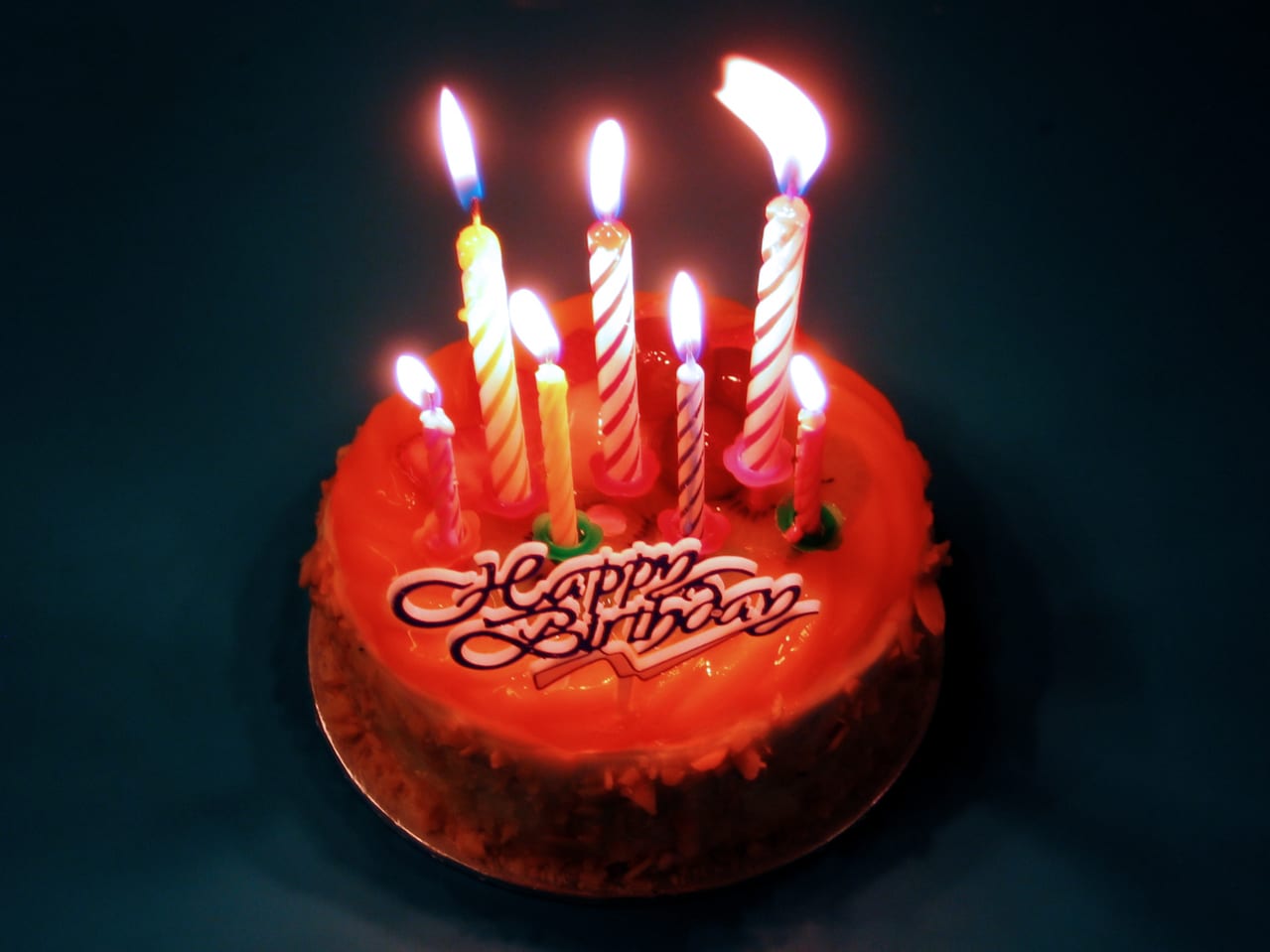Each time we turn a year older, our friends and relatives sing “Happy Birthday”. This song is part of the American birthday tradition for millions of people, but companies have paid licensing fees to Warner/Chappell Music Inc. for its use. Warner/Chappell Music Inc. purchased the lyrics from Summy-Birchard Inc. in 1988 and has collected about $2 million a year from leasing it. [[1]] Good Morning to You Productions Corp. began working on a documentary about the song and was also subjected to Warner’s $1500 licensing fee. [[2]] However, during their research on the song, Good Morning to You Productions Corp. uncovered that Warner/Chappell Music Inc. may not actually own the lyrics. [[3]] The production company filed a lawsuit against Warner/Chappell Music Inc. in 2013 over the alleged copyright.
“Happy Birthday” came from the song “Good Morning to You”, which was supposedly written by the Hill sisters in second half of the 19th century. The lyrics of the song were, “Good morning to you / Good morning to you / Good morning, dear children / Good morning to all.” [[4]]. The sisters eventually set it to a tune and later published the work in a book called “Song Stories for the Kindergarten”. [[5]] The issue in the current litigation is whether Summy Co. actually owned the copyright to the lyrics. [[6]] It was never clear whether the Hill sisters actually wrote the lyrics and in subsequent published works and copyright filings, the Hill sisters’ names were never listed. [[7]]
The crux of the argument lies in a copyright filed in 1935. There was no argument that the tune was in the public domain, but Warner/Chappel Music Inc. claimed it owned the copyright to the lyrics and it was disputed whether the Hill sisters even wrote the song. [[8]] The judge also found that Summy Co. never really had the copyright to the lyrics and therefore could not sell them to Warner. [[9]]
U.S. District Judge George H. King ruled on September 22, 2015 that Warner does not own the copyright to the “Happy Birthday” lyrics. [[10]] The judge stated, “Because Summy Co. never acquired the rights to the Happy Birthday lyrics, Defendants, as Summy Co.’s purported successors-in-interest, do not own a valid copyright in the Happy Birthday lyrics”. [[11]]
So what does that mean for the song? The ruling does not specifically put the song in the public domain because someone else might own the rights to the lyrics. [[12]] The song can now be called an orphan work, which is a song that is old and therefore, users do not know whom to pay when using the song. [[13]] Warner may also choose to appeal the case in the Ninth Circuit. [[14]] Only time (and more litigation) will determine if “Happy Birthday” is really in the public domain for all to use.

